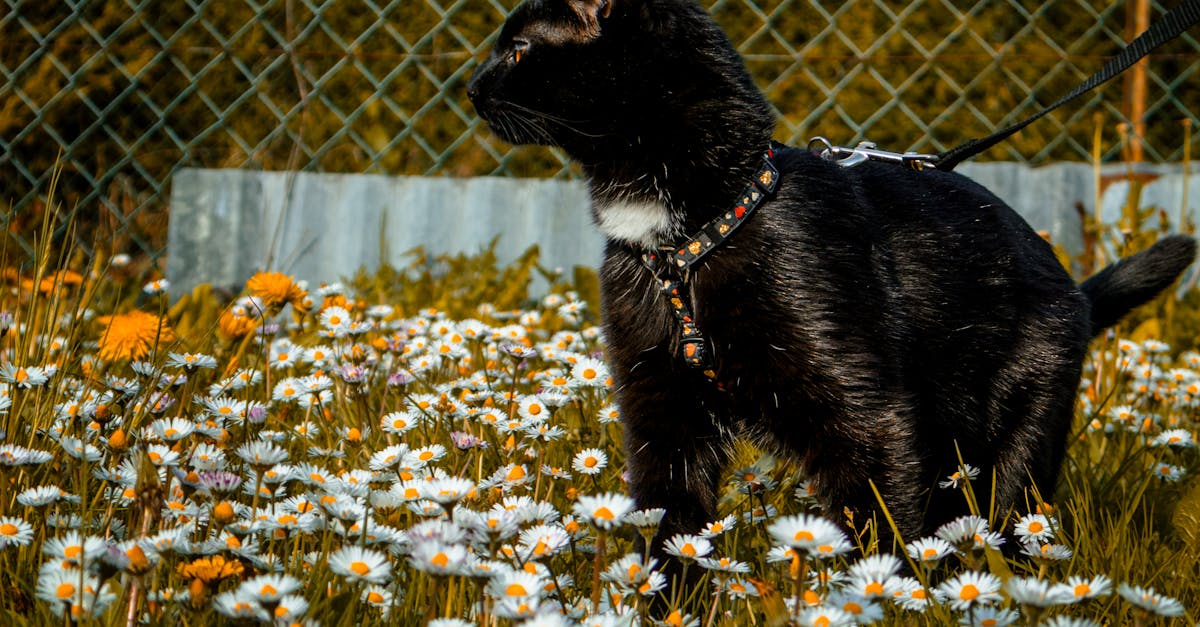Noticing your cat with a runny nose can be concerning. Is it just a mild irritation, or could it be a sign of something more serious? Cats, like humans, can experience nasal discharge for various reasons, ranging from allergies to infections. Understanding the causes and knowing when to seek veterinary care is crucial for keeping your feline friend healthy and comfortable.
🤧 Why Does My Cat Have a Runny Nose?
A cat’s runny nose occurs when excess fluid drips or discharges from their nostrils. This can be clear, cloudy, or even discolored, depending on the underlying cause. While occasional sneezing or a mild runny nose might not seem like a big deal, persistent nasal discharge often indicates an underlying issue that needs attention.
Here are some common reasons why your cat might have a runny nose:
- Upper respiratory infections (URIs)
- Allergies to environmental irritants
- Foreign objects stuck in the nasal passage
- Dental disease or oral infections
- Fungal infections
- Nasal polyps or tumors
- Chronic respiratory conditions like asthma
Each of these causes may present with specific symptoms, so observing your cat closely can help your vet pinpoint the issue faster.
🩺 Symptoms of a Runny Nose in Cats
A runny nose may not be the only symptom your cat experiences. Cats with nasal issues often show other signs that indicate discomfort or illness. Watch for the following symptoms:
- Frequent sneezing
- Nasal congestion or noisy breathing
- Swollen or red nasal passages
- Discolored nasal discharge (yellow, green, or bloody)
- Watery or irritated eyes
- Loss of appetite
- Fatigue or lethargy
If your cat shows any of these symptoms for more than a day or two, it’s time to contact your veterinarian. Persistent nasal discharge can lead to complications like dehydration or bacterial infections if left untreated.
🔎 Common Causes of a Runny Nose in Cats
Understanding what’s causing your cat’s runny nose is the first step toward treatment. Let’s explore some of the most common culprits:
1. Upper Respiratory Infections (URIs)
URIs are the most frequent cause of runny noses in cats. These infections are often caused by viruses, such as feline herpesvirus or calicivirus, and can spread easily among cats. According to the ASPCA, symptoms of URIs include sneezing, nasal discharge, and watery eyes (source).
2. Allergies
Cats can develop allergies to pollen, dust, mold, or even certain foods. When exposed to an allergen, their immune system reacts, causing a runny nose, sneezing, or itchy skin. Seasonal allergies, in particular, are common in cats sensitive to environmental triggers.
3. Foreign Objects
Sometimes, a small object like a blade of grass or a piece of food can get lodged in your cat’s nasal passage. This can cause irritation, sneezing, and a runny nose. If you suspect a foreign object, avoid trying to remove it yourself and contact your vet immediately.
4. Dental Problems
Infections in the mouth, such as tooth abscesses, can sometimes spread to the nasal cavity, causing a runny nose. Dental disease is often accompanied by bad breath, drooling, and difficulty eating.
5. Chronic Conditions
Cats with chronic respiratory conditions, like asthma or feline chronic rhinitis, may experience ongoing nasal discharge. These conditions require long-term management and care from your veterinarian.
💊 How to Treat a Cat’s Runny Nose
Treatment for a cat’s runny nose depends on the underlying cause. In many cases, a veterinarian’s diagnosis is necessary to create an effective treatment plan. Here are some common treatment options:
- For URIs: Antibiotics or antiviral medications may be prescribed if the infection is bacterial or viral. Your vet may also recommend steam therapy to help clear nasal congestion.
- For allergies: Reducing exposure to allergens (e.g., using air purifiers or dust-free litter) and antihistamines can help manage symptoms.
- For foreign objects: A vet will safely remove the object and may prescribe anti-inflammatory medication to reduce swelling.
- For dental problems: Professional dental cleaning or tooth extraction may be necessary to eliminate the infection.
- For chronic conditions: Long-term treatments like corticosteroids or bronchodilators may be needed to manage symptoms.
In addition to these treatments, keeping your cat hydrated is crucial. Encourage drinking by providing fresh water or offering wet food to prevent dehydration.
🐾 When to Call the Vet
A mild runny nose that resolves within a day or two may not require a vet visit. However, there are certain situations where immediate veterinary attention is necessary:
- Discharge is thick, yellow, green, or bloody
- Your cat shows signs of difficulty breathing
- Symptoms persist for more than a few days
- Your cat has a fever, loss of appetite, or lethargy
- There’s a noticeable swelling around the nose or face
Early intervention can prevent complications and ensure your cat gets the care they need to recover quickly.
❓ FAQs
Q: Can cats get colds?
A: Yes, cats can catch colds caused by viruses like feline herpesvirus or calicivirus. Symptoms include sneezing, nasal discharge, and watery eyes.
Q: Is a runny nose in cats contagious?
A: If caused by an upper respiratory infection, it can be contagious to other cats. Keep infected cats separated and practice good hygiene.
Q: Can I give my cat human cold medicine?
A: No, never give your cat human medications without consulting a vet. Many over-the-counter drugs are toxic to cats.
Q: How can I prevent my cat from getting a runny nose?
A: Ensure your cat is up-to-date on vaccinations, minimize exposure to sick animals, and maintain a clean living environment.
References
- ASPCA – Cat Behavior Issues
- PetMD – Cat Upper Respiratory Infections
- VCA Animal Hospitals – Rhinitis in Cats
Book a $49 online vet consultation at https://www.dialavet.com for fast, expert advice.























